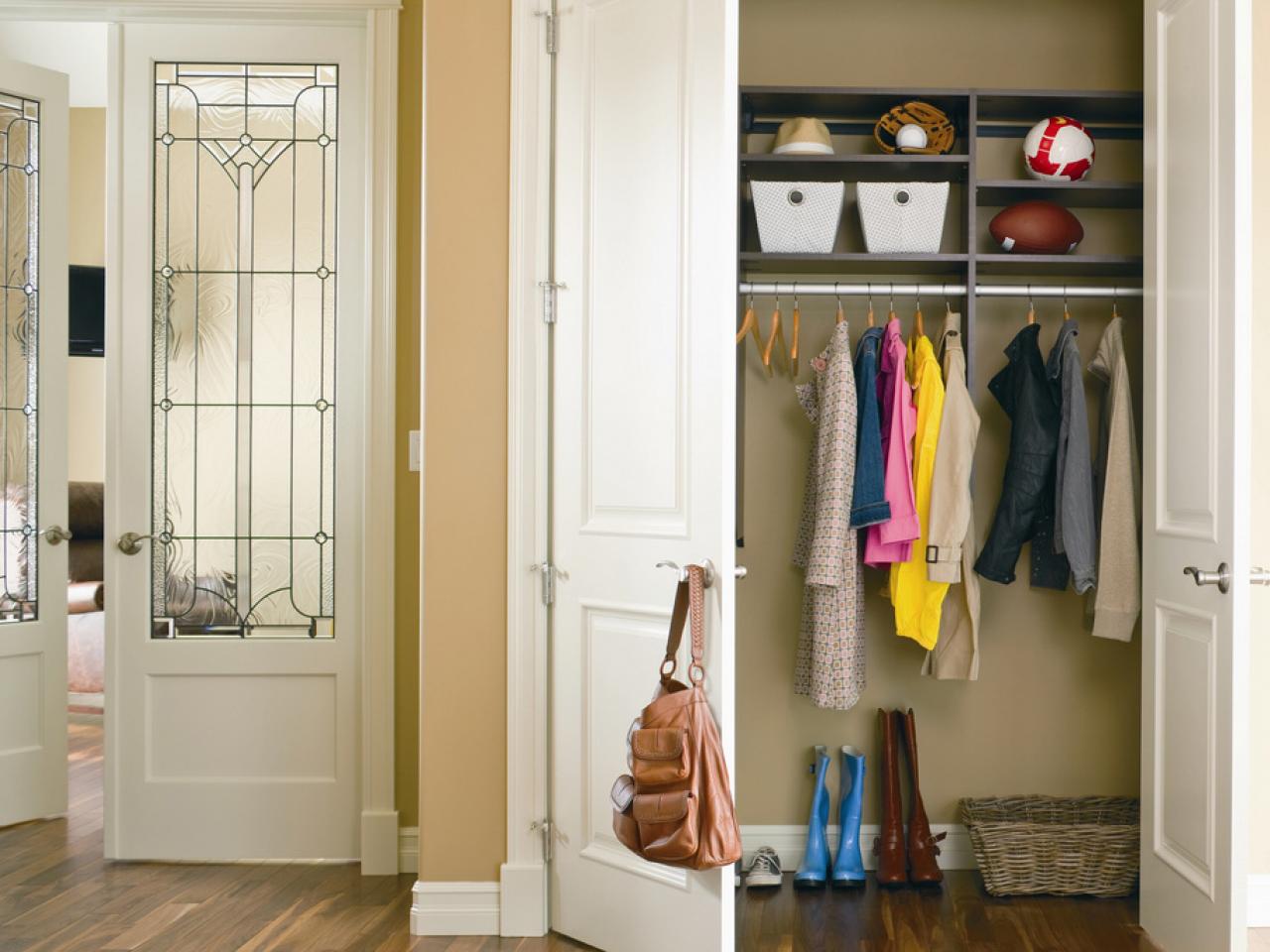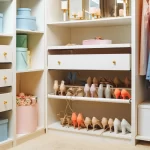When you first install closet doors, they are usually quiet. Over time, you will hear annoying creaks and rattles, especially if someone is opening and closing them frequently. This random noise occurs when something impedes the smooth movement of a flat panel.
This can be both annoying and disruptive. Understanding the cause of these noises is critical to finding an effective solution to eliminate them.
If you experience this problem randomly or periodically, the good news is that there is a solution. In this article, you will learn more about why your doors are making unwanted noises and how to fix them.
The Hidden Reason for Noisy Closet Doors
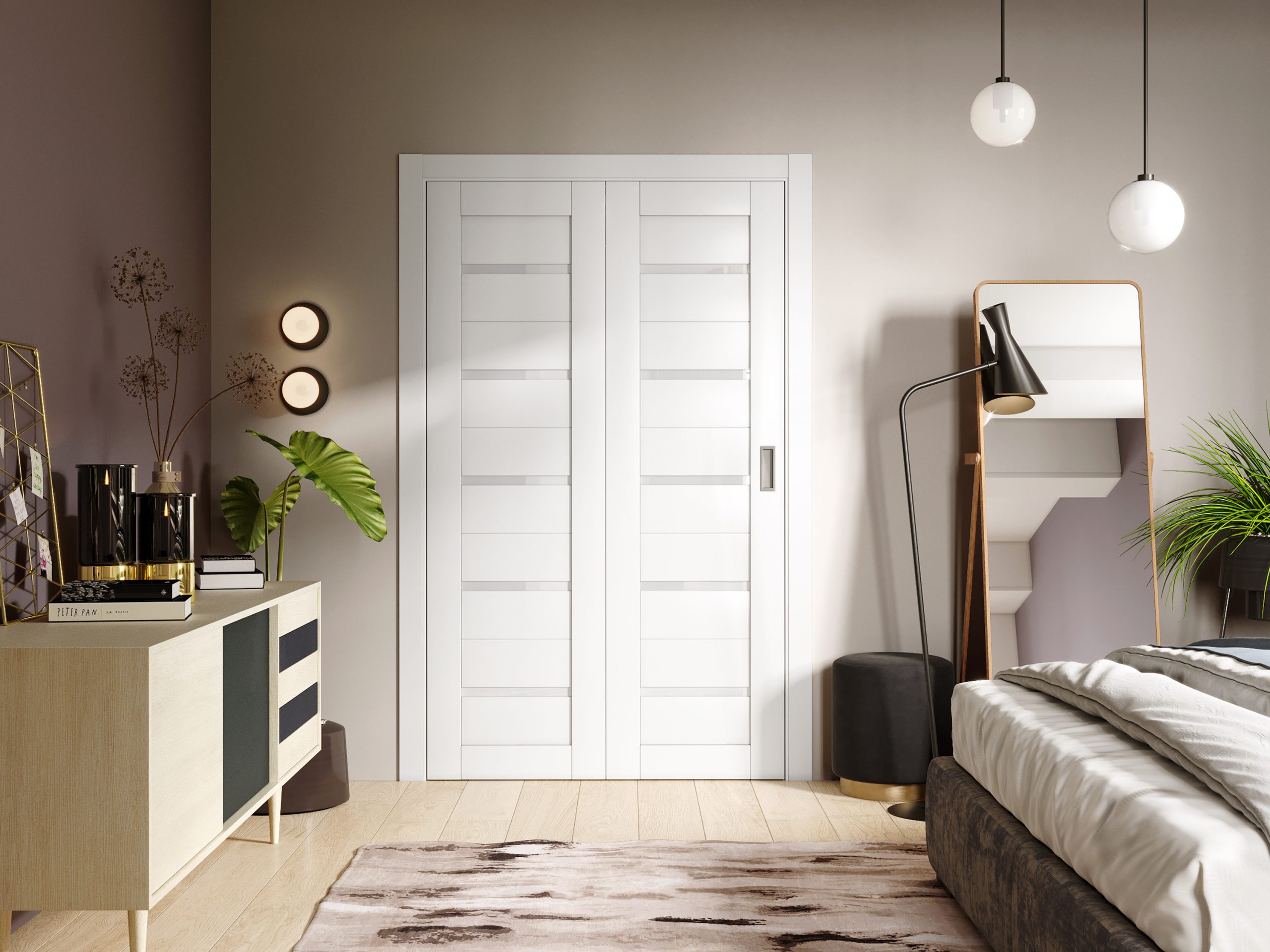
Misaligned closet doors
Misalignment is another factor that contributes to closet door noise. If the doors are not properly aligned with the tracks, they may rub against each other or against the door frame, creating noise when opening or closing.
Bad knobs
Knobs tend to loosen over time, depending on how often you use your closet. Loose knobs can make your doors squeak. Therefore, you should check them regularly.
Lack of lubrication
One of the main reasons for noisy closet doors is lack of proper lubrication. Over time, hinges and tracks become dry and worn, causing friction and resistance when opening or closing the door. This friction creates a squeaking or rattling sound.
Loose or worn parts
Another hidden cause of noisy closet doors is loose or worn parts. Over time, the screws that hold the hinges or tracks in place can loosen, causing the door to rattle or make a banging sound when in use. In addition, worn rollers or rails can also create noise.
Excess moisture during the wet season
Excess moisture during the rainy season can also be the cause of unpleasant sounds coming from the panels. Deformation of wood due to uneven changes in internal composition in different parts. Parcels can cause the board to make noise, and excess moisture can also cause mold to grow on its surface, which can build up dirt and unpleasant odors.
Dirt
Dirt and grime that accumulates along the sliding door track usually leads to squeaking. As you open and close it, the dirt builds up and becomes the cause of the annoying squeak. Note that even if you haven’t used your closet for a while, dirt can appear quickly.
Age
Over time, closet doors naturally wear down and cause noise. As the material ages, they may crack or become loose, leading to increased noise when in use.
How to Fix Squeaky Closet Doors
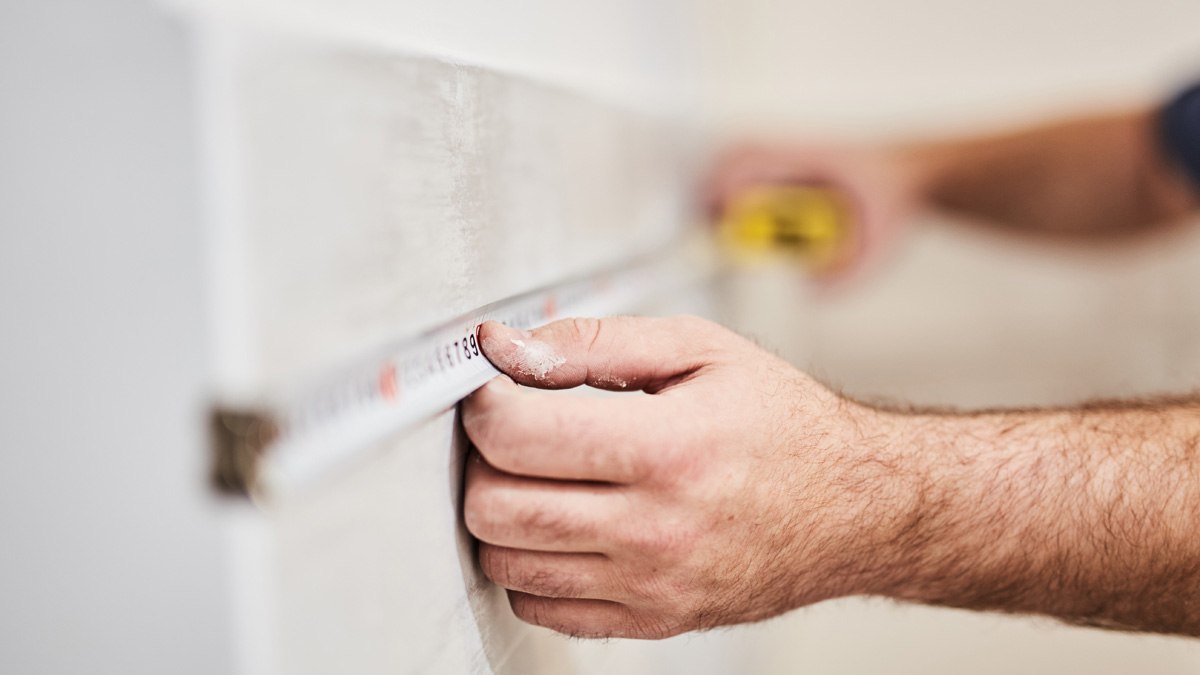
Everyone enjoys the peace and quiet that comes with a home. Squeaky door panels can be distracting and detract from comfort. Follow these guidelines to make repairs
Lubricate the hinges
If you notice friction around the hinges, it’s time to lubricate them. This involves oiling or greasing the joint between the pivot pin and the hinge leaf. Lubrication helps reduce irregularities and unpleasant noises.
Rust may develop on metal parts; remove it and lubricate, taking care not to damage the surface.
Knob Repair and Lubrication
The most common cause of noise is inadequate lubrication. If not lubricated at the factory, the knob may creak during use.
If you find a loose knob, the next step is to tighten the screw. Tighten it yourself with a screwdriver and enjoy the quiet. The locking mechanism may be faulty. Without lubrication, the parts can rub against each other, resulting in various noises.
The next reason could be that the handle is not installed correctly. You can either fix it yourself or call a professional.
Room dehumidification
A dehumidifier is an effective way to reduce humidity during the rainy season. It reduces excess moisture in the room which can cause damage to the floorboards. If you don’t have a dehumidifier, wipe down the room every day during the rainy season.
Keep dust out
Remove dirt from doors regularly. If you find dirt in the cracks, don’t wait to wipe them down immediately.
Adjust the alignment of the door
Misalignment can cause the door to rub against the frame, resulting in squeaking. To fix this, loosen the screws on the hinges slightly and gently move the door up, down, or sideways until it aligns properly with the frame. Once aligned, retighten the screws to secure the door in its new position.
Replace worn-out parts
If the above steps do not resolve the squeaking issue, it may be necessary to replace worn-out or damaged parts of the door. This could include hinges, rollers, or other hardware components. Consult a professional if you are unsure how to replace these parts yourself.
Seal gaps and openings
If you find cracks or gaps in the sliding door track, seal them with weather stripping or acoustic sealant. This will reduce noise when opening and closing. Make sure to use a strong sealant that matches the weight of the door panel.
Maintain the rollers
If you are using a sliding construction method, check the rollers regularly to prevent rattling noises. Spray a lubricant on the rollers to ensure they turn smoothly. If you are unable to maintain them yourself, hire an expert to eliminate the noise.
Hire a door installation expert
If you cannot solve the problem using all of the above methods, hire a professional installer to investigate, identify, and fix the problem. This is the way to go if you have exhausted all available methods and still cannot tolerate the noise. The cost may be high, but it is worth it.
Why Quiet Closet Door Hardware Matters
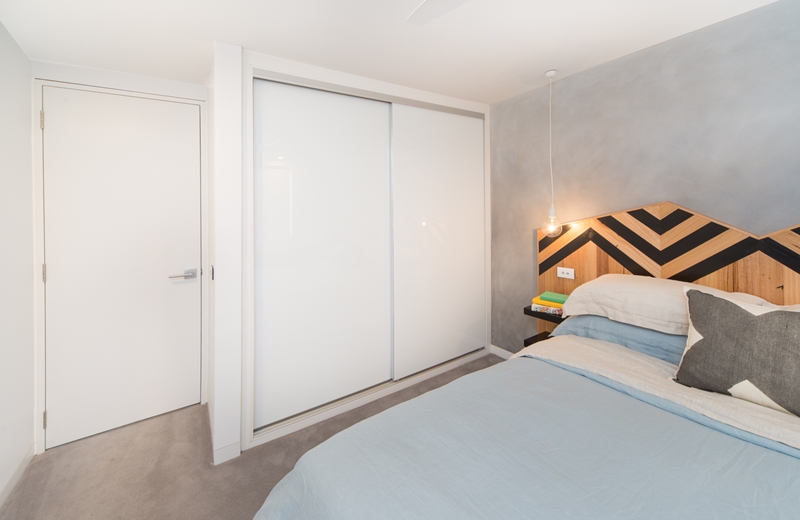
Fixing squeaks and squeaks has a range of benefits besides being less annoying. If you have a newborn at home, you know that everyone (mom, dad, baby) feels better after some rest. Even if you are an empty nester, quietly open and close the door to protect the privacy of individuals in the room.
If you get sick or injured, a quiet door can even help you recover faster. Many healthcare studies, such as this one from the University of Vermont Medical Center, have found that “noise has a negative impact on recovery, and reducing noise in patient care areas aids the recovery process and helps patients recover faster.”
And don’t underestimate the way a quiet closet door can help increase focus and productivity, creating a tranquil atmosphere that promotes uninterrupted relaxation and productivity.
Options for Achieving Quiet Closet Door Hardware
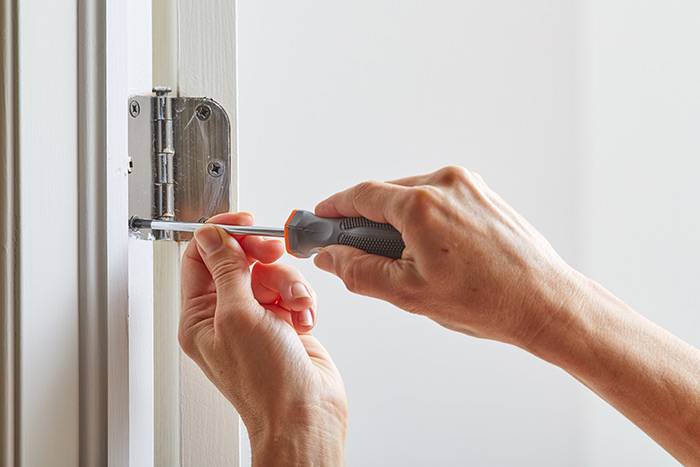
There are various options available to achieve quiet closet door hardware:
- Soft Closing Mechanisms: Soft-closing mechanisms are designed to slow down the speed at which the door closes, preventing it from slamming shut. This not only eliminates noise but also prolongs the lifespan of the door by preventing it from sustaining unnecessary damage.
- High-Quality Hinges: Investing in high-quality hinges made from materials such as brass or stainless steel can significantly reduce noise. These hinges are often equipped with built-in features that minimize friction and ensure smooth and silent operation.
- Noise-Reduction Rollers: If the closet door slides along a track, noise-reduction rollers can be used to eliminate noise caused by friction. These rollers are specifically designed to glide silently along the track, providing a seamless and quiet opening and closing experience.
-
Proper Lubrication: Regularly lubricating the hinges, tracks, and rollers with a silicone-based lubricant can reduce noise caused by friction. This simple maintenance task ensures that the door operates smoothly and quietly.
